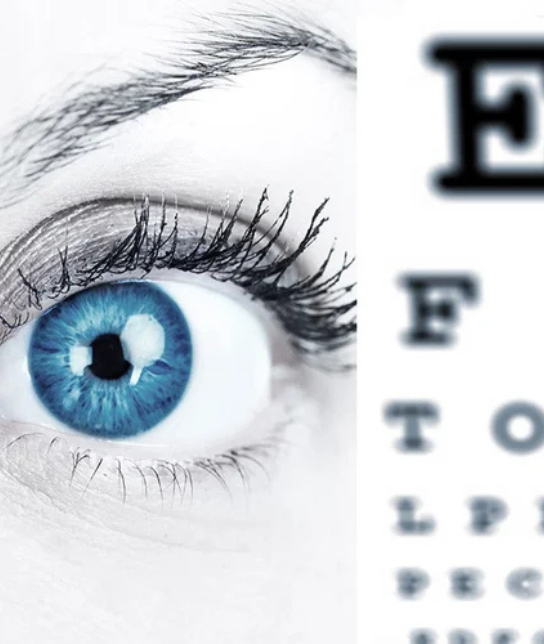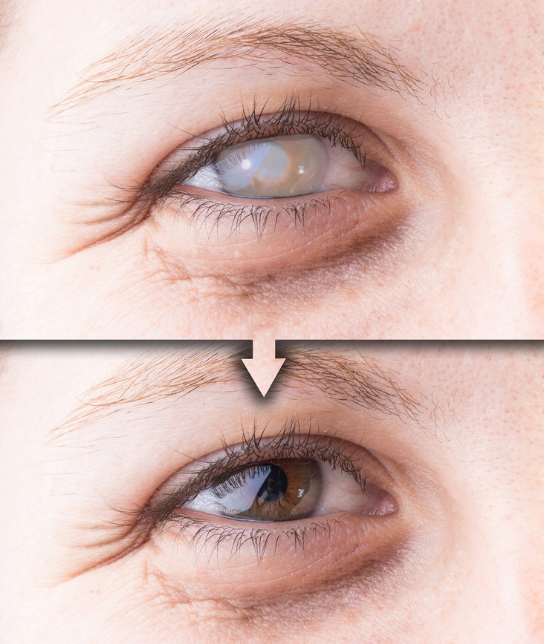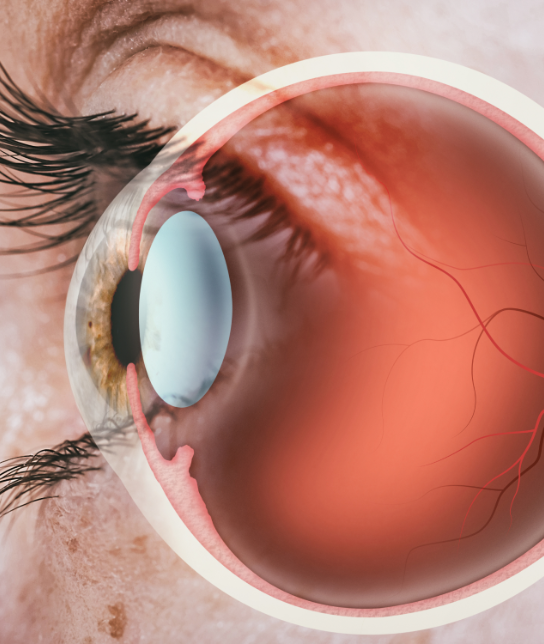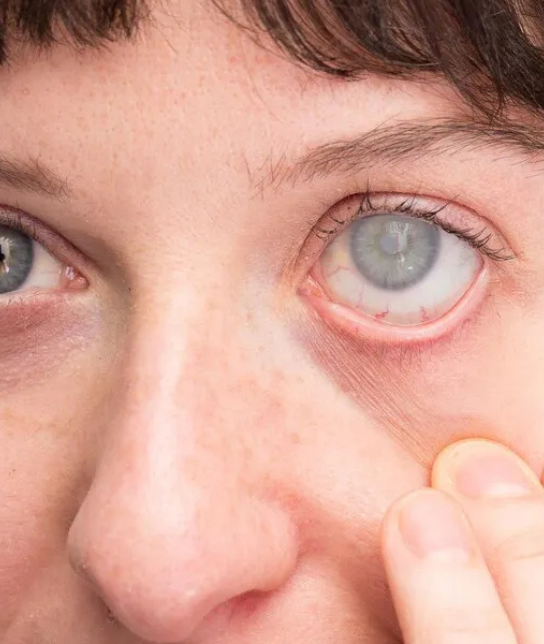General Ophthalmology
Ophthalmology is a specialized branch of medicine focused on diagnosing, treating, and managing eye diseases and visual impairments. General ophthalmology covers a wide range of services, from regular eye exams to the detection and treatment of conditions like cataracts, glaucoma, macular degeneration, and diabetic eye disease. Ophthalmologists are trained to perform medical and surgical treatments to preserve and improve vision, helping patients maintain eye health throughout life. Regular check-ups in ophthalmology play a critical role in early detection, preventing vision loss, and ensuring optimal eye health.


Cataract Surgeries
Cataract surgeries, particularly Phacoemulsification (Phaco) and Small Incision Cataract Surgery (SICS), are common procedures used to restore vision by removing clouded lenses. Phacoemulsification, a modern and minimally invasive technique, uses ultrasound waves to break up the cloudy lens, which is then suctioned out through a tiny incision, allowing for quick recovery and minimal discomfort.
SICS, on the other hand, involves a slightly larger incision to manually extract the lens without ultrasound, which makes it suitable for various cataract types, particularly in areas with limited resources. Both techniques are effective, with Phaco often favored for faster recovery, while SICS remains valuable for its versatility and accessibility.
Medical Retina
Medical retina laser treatment is a specialized approach to managing diabetic and hypertensive retinopathy, conditions that damage the retinal blood vessels due to high blood sugar or blood pressure. This laser therapy, also known as photocoagulation, targets damaged areas of the retina to seal leaking blood vessels, reduce swelling, and prevent abnormal new vessel growth.
For diabetic retinopathy, it helps reduce the risk of vision loss by stabilizing the retinal condition, especially in cases of macular edema or proliferative retinopathy. In hypertensive retinopathy, the laser treatment aims to preserve vision by controlling bleeding and preventing further vessel damage. This outpatient procedure is highly effective and plays a key role in managing these chronic eye diseases to preserve and protect vision over time.


Glaucoma
Glaucoma is a group of eye diseases characterized by damage to the optic nerve, often linked to elevated intraocular pressure (IOP). This progressive condition can lead to vision loss if untreated, starting with peripheral vision and eventually affecting central vision. The most common types are open-angle glaucoma, where the eye’s drainage system becomes inefficient, and angle-closure glaucoma,
which occurs when the drainage angle closes, causing a rapid rise in IOP. Risk factors include age, family history, diabetes, and hypertension. Treatment focuses on lowering IOP through medications, laser therapy, or surgery, aiming to slow the progression of nerve damage and preserve remaining vision.

